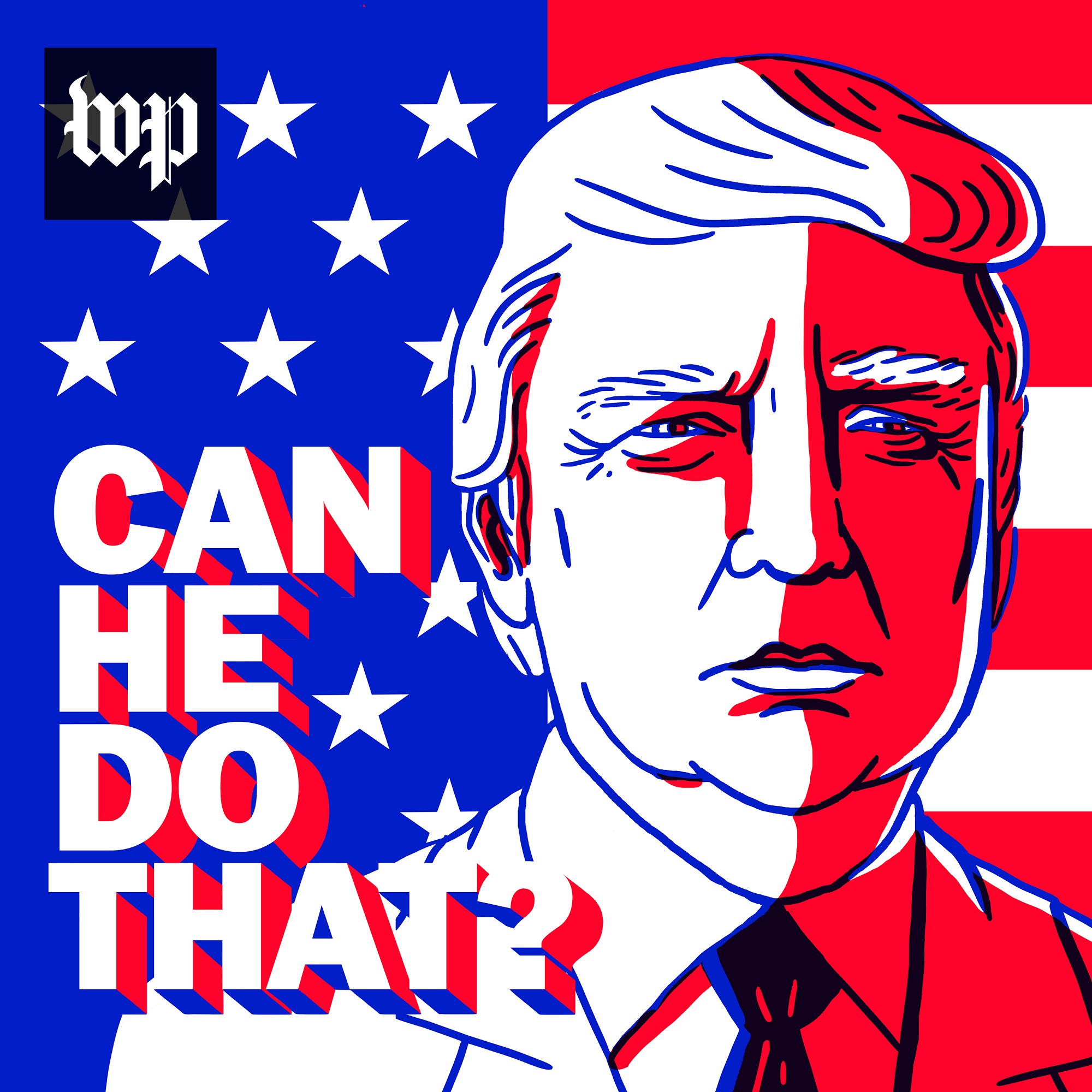
Jacob Blake was shot seven times in the back by a Kenosha, Wis., police officer in late August.
Since that shooting, Kenosha has been the site of unrest, protests, vandalism and violence.
Days after the protests and unrest began, 17-year-old Kyle Rittenhouse traveled a short trip from his home to Kenosha where self-declared militia members and armed counterprotesters had been appearing. Rittenhouse was armed with a rifle.
Later, authorities say Rittenhouse shot three protesters, killing two of them.
President Trump has condemned the violence from those he calls“rioters” and“looters,” yet Trump suggested Rittenhouse acted in self-defense.
Trump has emphasized what he calls his message of“law and order,” defending law enforcement, condemning protesters and insisting Democratic leaders, and Democratic nominee Joe Biden, are responsible for the country’s turmoil.
Biden, meanwhile, has focused on a message of unity. He’s sought to strike a difficult balance between condemning violence on all sides of the political spectrum and acknowledging systemic racism in the country and in policing.
The two candidates are painting very different pictures about the state of our country and the causes of unrest.
On this episode of the“Can He Do That?” podcast, White House reporter Ashley Parker answers key questions: As we head toward the November election, how much are these two starkly different narratives a reflection of the divisions in our country? How much are they responsible for stoking those divisions? And are there any checks on what the U.S. president can say?
Related reading and episodes
Trump’s illuminating defense of Kyle Rittenhouse
How an extraordinary election season affects Trump’s reelection chances
Trump’s response to unrest raises concerns among those trained to detect democratic regression
More Episodes
012345678910111213141516171819
Create your
podcast in
minutes
- Full-featured podcast site
- Unlimited storage and bandwidth
- Comprehensive podcast stats
- Distribute to Apple Podcasts, Spotify, and more
- Make money with your podcast
It is Free
- Privacy Policy
- Cookie Policy
- Terms of Use
- Consent Preferences
- Copyright © 2015-2024 Podbean.com





